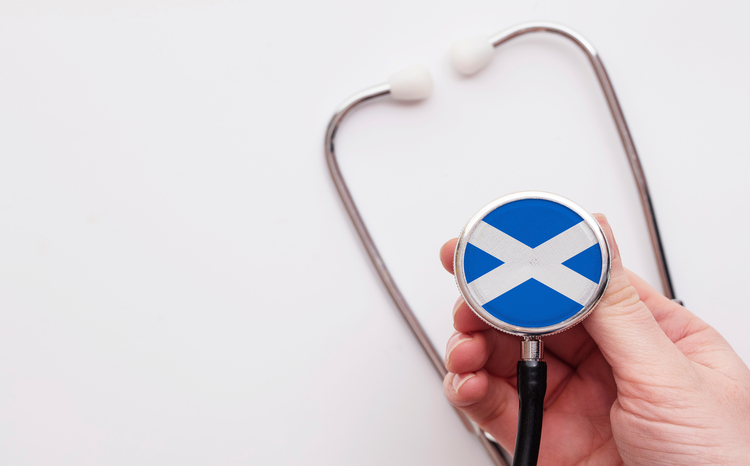Scottish ECS study ‘will show benefits’
- 12 August 2010
The lead author of a critical incident study of the Emergency Care Record in Scotland has said that it shows that the record improves patient care by enabling safer decision making.
Libby Morris said the study surveyed three acute receiving units and found that clinical decisions can be more timely, accurate and patient centered when using the ECS.
In a letter to the British Medical Journal ahead of the publication of the study, which is expected in the next few weeks, Morris said: “Established in 2006, the Emergency Care Summary store currently automatically receives twice daily all prescribing and adverse reaction updates from all Scottish practices.
“Over 200 000 records are accessed every month by clinicians working in NHS24, Accident and Emergency departments, and out-of-hours teams — over 5.1m accesses in total, with a 37% increase from 2008 to 2009. Feedback from users is overwhelmingly positive.”
She added that the record has several distinctive features, including a clear purpose – to make key medical details available to clinicians providing unplanned care.
She also said there had been leadership from the start by clinical groups, early incorporation of patient views, and a two stage consent model.
Morris hinted that the ECS study has different findings to that of the recent evaluation of the Summary Care Record in England, led by Professor Trisha Greenhalgh of University College London.
This found there was no direct evidence of safer care and no impact on consultation length or the number of referrals made.
Morris added: “Disappointingly, Greenhalgh and colleagues did not compare England’s Summary Care Record with Scotland’s Emergency Care Summary.
“Our survey in three acute receiving units found that clinical decisions can be more timely, accurate, and patient centered. Hospital pharmacists use it increasingly for medicines reconciliation; the 24 pharmacists surveyed rating its information as useful or extremely useful.
“The success of Scotland’s programme has been dismissed, seemingly because of Scotland’s small population. Our critical incident study in NHS24 confirms improvements to patient care by making decisions safer because many people cannot detail their drug treatment, especially in an emergency when they are ill or confused.”
Link: Letter in full




